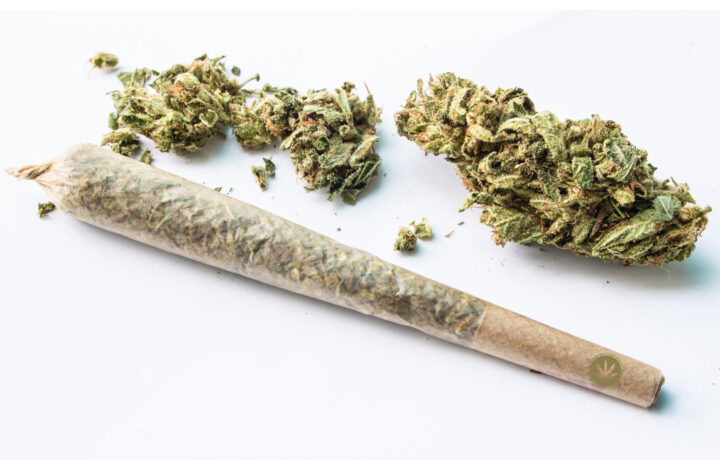Delta-8-tetrahydrocannabinol, commonly known as delta-8-THC or simply delta-8, is a naturally occurring cannabinoid found in the cannabis plant. It is chemically similar to delta-9-tetrahydrocannabinol (delta-9-THC), the primary psychoactive compound in cannabis, but with some distinct differences in effects and potency. Delta-8-THC is typically found in much lower concentrations than delta-9-THC, which means it often has to be extracted or synthesized in larger quantities for commercial use.
Delta-8 has caused some confusion for security clearance holders on whether they are eligible to partake in consumption since it seems to be loophole in the 2018 U.S. Farm Bill. While former security clearance attorney Sean Bigely says to tread carefully much like other CBD products or its derivatives, what if you have used it in the past? Is it treated like marijuana?
One ClearanceJobsBlog subscriber asked:
“I’ve used Delta 8 for all of May, stopped this June and I’m getting ready to fill out an EQIP. I’ve also smoked weed a few times 2 years ago. How big of a red flag is this? And do I have any hope of getting a public trust clearance?”
PSYCHOACTIVE AND SECURITY CLEARANCE EFFECTS OF DELTA-8
The effects of delta-8-THC are often described as milder and less anxiety-inducing compared to delta-9-THC. Users report experiencing a more clear-headed high, with reduced paranoia and a more relaxed sensation. Because of these perceived benefits, delta-8-THC has gained popularity as an alternative for individuals who find delta-9-THC too potent or overwhelming. It is also being researched for its potential therapeutic properties, including anti-nausea, anti-anxiety, and pain-relief benefits.
Legally, delta-8-THC occupies a gray area. The 2018 U.S. Farm Bill legalized hemp and its derivatives, provided they contain less than 0.3% delta-9-THC. Since delta-8-THC can be derived from hemp, it is technically legal under federal law. However, some states have moved to specifically regulate or ban delta-8-THC due to concerns about its psychoactive effects and the lack of regulation around its production. As a result, the legal status of delta-8-THC varies widely, and consumers should be aware of their local laws before purchasing or using it. Security clearance holders probably shouldn’t touch it, and potential security clearance applicants should tread lightly. While Customs and Border Patrol, the Intelligence Community and other entities in this space may have relaxed some of the requirements on past use, whether or not marijuana use in the last two years poses as a red flag really depends on your judgment against other adjudicative guidelines and your behavior.
With Delta-8 use in the last couple months, it may or may not have ruined your chances of gaining a position of public trust. Use the additional comments section of your security clearance application to note that you were using a product that you thought was federally legal instead of using delta-9 which is not. Explain your intent not to use again, and drug use alone is unlikely to be considered disqualifying.




